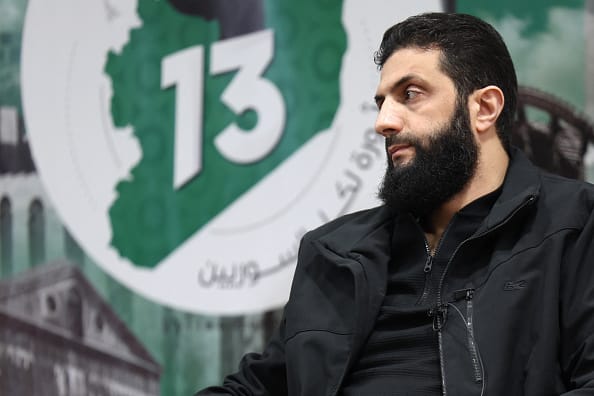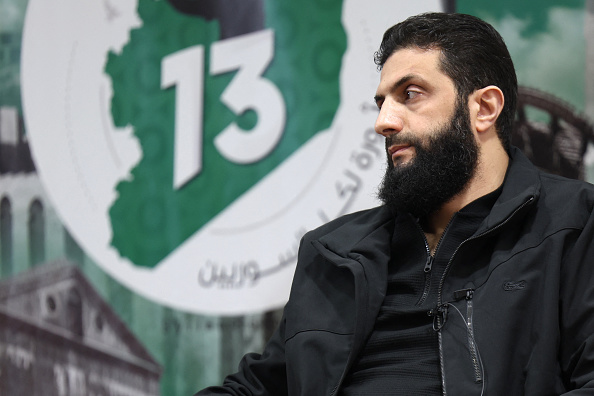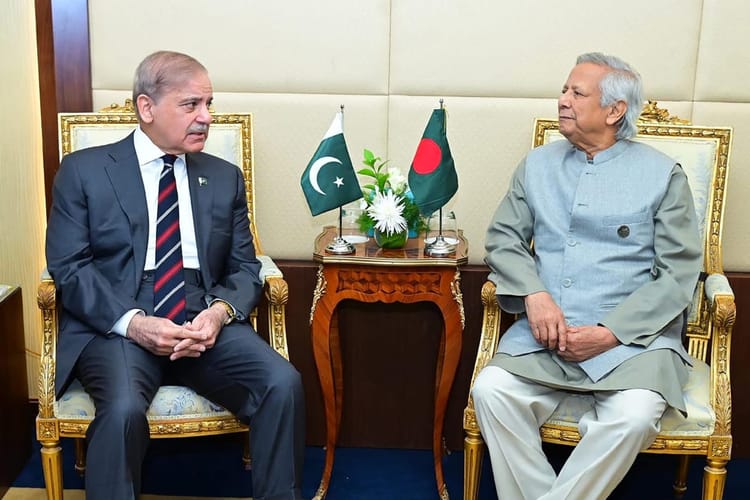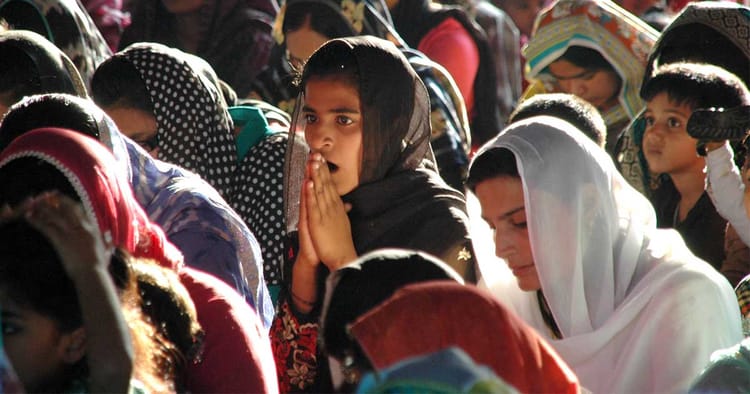Al Jolani: Navigating Leadership in War-Torn Syria

In the volatile landscape of war-torn Syria, leadership often defines the course of conflict and the fragile pursuit of stability. Among the many figures to emerge, Abu Mohammad al-Jolani—born Ahmad Hussein al-Shara—has left an indelible mark through his ability to navigate alliances, adapt to shifting realities, and transform both his personal ideology and political strategy.
[Abu Mohammed al-Julani [Omar Haj Kadour/AFP]
Al Jolani rose from relative obscurity to become one of the most significant figures in Syria’s insurgency. His trajectory began in the chaotic early days of the Syrian Civil War, a time when factions emerged and dissolved with alarming speed. Initially affiliated with extremist groups such as al-Qaeda, Al Jolani quickly recognized that survival in Syria’s fractured landscape required a pragmatic shift in strategy. This realization enabled him to consolidate power, bringing together ideologically diverse groups under a unified, if fragile, vision.
The hallmark of Al Jolani’s ascent lies in his ability to build coalitions among Syria’s fragmented opposition. In a country torn between hardline extremists, moderate rebels, and competing regional interests, Al Jolani grasped the necessity of unity—or at least its appearance. While smaller factions clung to ideological purity, he recognized that broader alliances were vital for achieving military and political objectives.
Al Jolani employed a mix of diplomacy, coercion, and pragmatism to forge these coalitions. His approach was less about ideological alignment and more about survival and power consolidation. By positioning himself as a unifying figure, Al Jolani projected legitimacy and strength both to his followers and external actors.
This coalition-building transformed the power dynamics within Syria’s opposition. Isolated groups gained strength through association, while Al Jolani emerged as a leader with disproportionate influence. However, this consolidation of power came with challenges, as he was often tasked with managing the competing agendas of his allies.
What sets Al Jolani apart is his personal and strategic evolution over the years. While his early affiliations reflected the ideological extremism of Syria’s insurgency, his leadership experiences gradually shaped a more pragmatic approach. This shift was not driven by sudden ideological enlightenment but by the harsh realities of governance and survival.

Observers have noted Al Jolani’s efforts to distance himself from extremist elements, particularly after forming Hayat Tahrir al-Sham (HTS) in 2017. HTS’s break from al-Qaeda marked a calculated move to rebrand itself as a more moderate force, capable of appealing to a broader base and navigating international scrutiny. For Al Jolani, moderation was as much a strategy as it was an evolution, a reflection of his need to balance ideological roots with political pragmatism.
Transitioning from insurgent leader to political administrator brought new challenges for Al Jolani. Governing territories under HTS control demanded practical solutions to civilian needs, including infrastructure, security, and basic services. The realities of governance pushed Al Jolani to adopt more flexible policies, deviating from the hardline rhetoric of his earlier years.
This adaptability has been both his strength and his vulnerability. On one hand, it allowed him to maintain relevance and consolidate power in Syria’s shifting battlefield. On the other, it drew criticism from hardline factions that viewed his pragmatism as a betrayal of their cause. This tension—between ideological purity and pragmatic survival—reflects the broader dilemmas faced by leaders in similarly fractured conflicts.
Al Jolani’s leadership has shaped Syria’s conflict in profound ways. To his supporters, he represents a pragmatic leader who has brought a degree of stability to HTS-controlled territories, showcasing strategic acumen and the ability to adapt to an ever-changing landscape. To his critics, Al Jolani remains a controversial figure whose extremist roots cannot be ignored, despite his attempts to rebrand himself and his organization.
This duality underscores the complexity of leadership in Syria’s war. Leaders like Al Jolani are forced to evolve as they navigate a landscape of competing interests, fragile alliances, and ideological divides. His story highlights the fine line between pragmatism and opportunism, between adaptation and compromise.
The rise of Al Jolani serves as both a cautionary tale and a lesson in leadership during times of crisis. His ability to form coalitions, adapt to new realities, and evolve his strategy underscores the importance of flexibility in conflict. At the same time, his story raises enduring questions: Can a leader truly evolve without abandoning their roots? How does coalition-building affect governance? And what happens when pragmatism clashes with ideology?
As Syria continues to grapple with the aftermath of years of war, Al Jolani’s journey reflects the broader challenges of leadership in fractured, war-torn societies. His transformation—from insurgent leader to coalition-builder to pragmatic administrator—offers insights into how conflict shapes leadership, and how survival often demands evolution.
In the end, Al Jolani’s story is one of ambition, adaptation, and the difficult choices leaders face in times of turmoil. It is a reminder that leadership is not static; it is shaped by the realities of the battlefield, the demands of governance, and the ever-present tension between conviction and compromise.
Fatima Hassan is a freelance journalist and the co-founder & Multimedia Editor of Echoes Media, dedicated to crafting impactful stories that resonate with diverse audiences. A journalism graduate of Northwestern University, Fatima combines analytical rigor with creative storytelling to explore complex issues and amplify unheard voices.






Member discussion